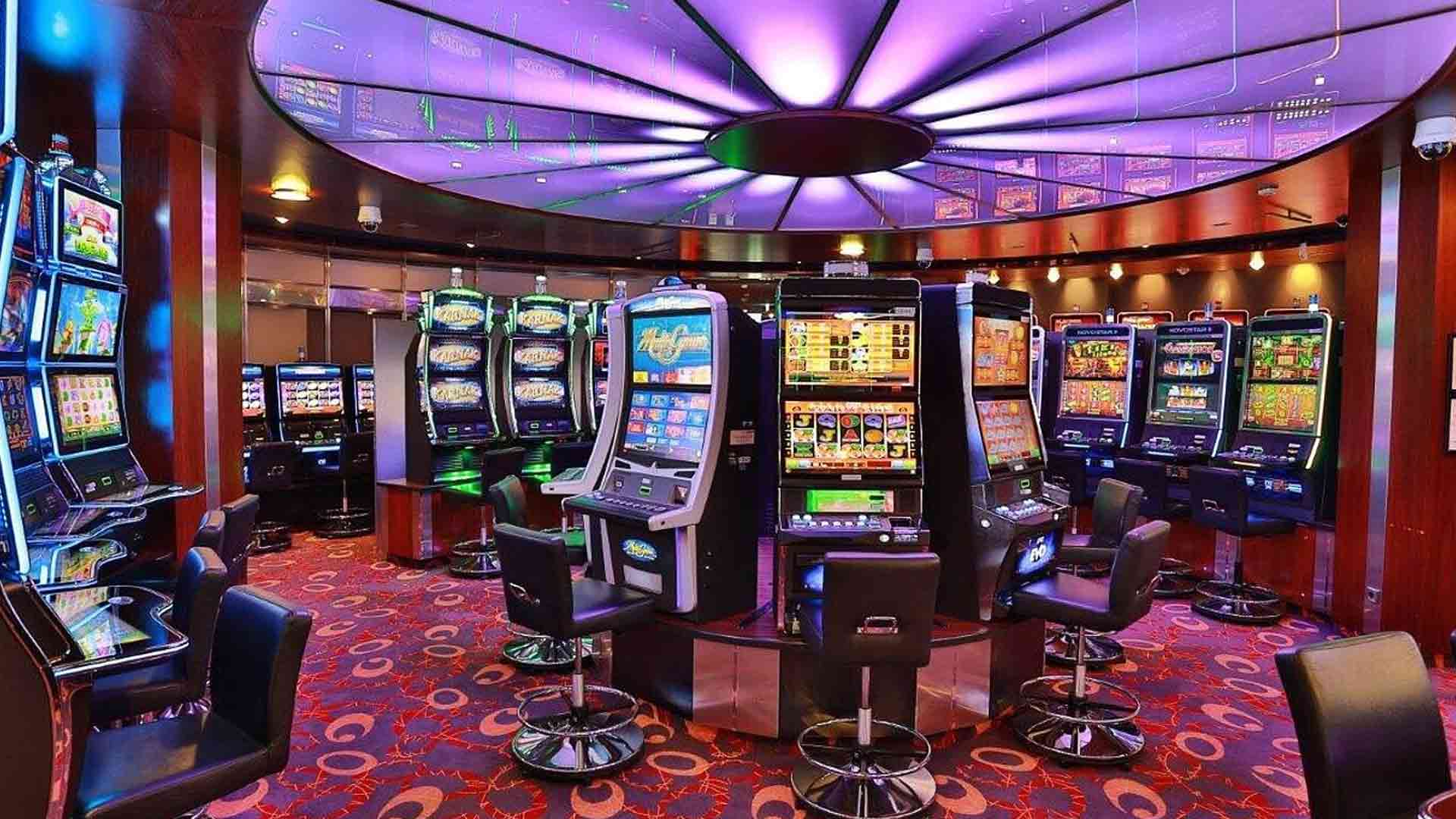How Gambling Shapes Entertainment Industry

How Gambling Shapes the Entertainment Industry
Gambling and entertainment have been intertwined for centuries. From the earliest forms of dice games in ancient civilizations to the modern-day mega-casinos of Las Vegas and Macau, the lure of chance and potential reward has consistently captivated audiences. This dynamic relationship has profoundly shaped the entertainment industry, influencing everything from the types of experiences offered to the economic models that sustain them.
One of the most significant ways gambling impacts entertainment is through its direct contribution to funding. Casinos and other gambling establishments generate enormous revenue, a portion of which is often reinvested into entertainment offerings. This can take various forms, including live music performances, theatrical productions, comedy shows, and even world-class sporting events. For example, many casinos host concerts featuring internationally renowned artists, attracting visitors who might not otherwise be interested in gambling but are drawn by the allure of a major entertainment act. This symbiotic relationship benefits both the gambling industry and the entertainment industry, creating a mutually reinforcing cycle of revenue and attraction.
Beyond direct funding, gambling influences the very nature of entertainment content. The thrill and excitement associated with gambling are often mirrored in popular culture. Movies, television shows, and video games frequently feature gambling themes, portraying both the glamorous and the gritty sides of the industry. Think of iconic films like "Casino Royale" or "Ocean's Eleven," which glamorize the high-stakes world of casinos and heists. These portrayals not only entertain audiences but also contribute to the overall perception of gambling as a potentially exciting and rewarding activity. The popularity of poker tournaments televised globally further reinforces this connection.
The rise of online gambling has further blurred the lines between gambling and entertainment. Online casinos offer a wide array of games, often incorporating elements of video game design and interactive storytelling. This "gamification" of gambling makes it more appealing to a younger demographic that is accustomed to engaging with entertainment in digital formats. Furthermore, the accessibility of online gambling platforms means that entertainment can be enjoyed from the comfort of one's own home, blurring the lines between leisure activities.
Sports betting is another critical area where gambling significantly shapes entertainment. The integration of betting odds and real-time statistics into sports broadcasts has transformed the viewing experience. Fans are no longer just passive observers; they are actively engaged in predicting outcomes and placing wagers, adding an extra layer of excitement and investment to the game. The partnerships between sports leagues and betting companies, such as those found at m88.com sport, are increasingly common, further cementing the relationship between sports and gambling. This trend has led to increased viewership and engagement, benefiting both the sports industry and the gambling industry.
However, the influence of gambling on entertainment is not without its drawbacks. Concerns about problem gambling and its potential negative consequences are valid and need to be addressed. Responsible gambling initiatives and educational programs are crucial to mitigating the risks associated with excessive gambling. Furthermore, the potential for exploitation and unfair practices in the gambling industry needs to be carefully monitored and regulated to protect consumers.
In conclusion, gambling has a profound and multifaceted impact on the entertainment industry. It provides crucial funding for entertainment offerings, influences the content of popular culture, and transforms the way we engage with sports. While the relationship between gambling and entertainment offers numerous benefits, it is essential to address the potential risks and ensure that the industry operates responsibly and ethically. As technology continues to evolve and new forms of entertainment emerge, the dynamic interplay between gambling and entertainment is likely to become even more complex and intertwined.
```